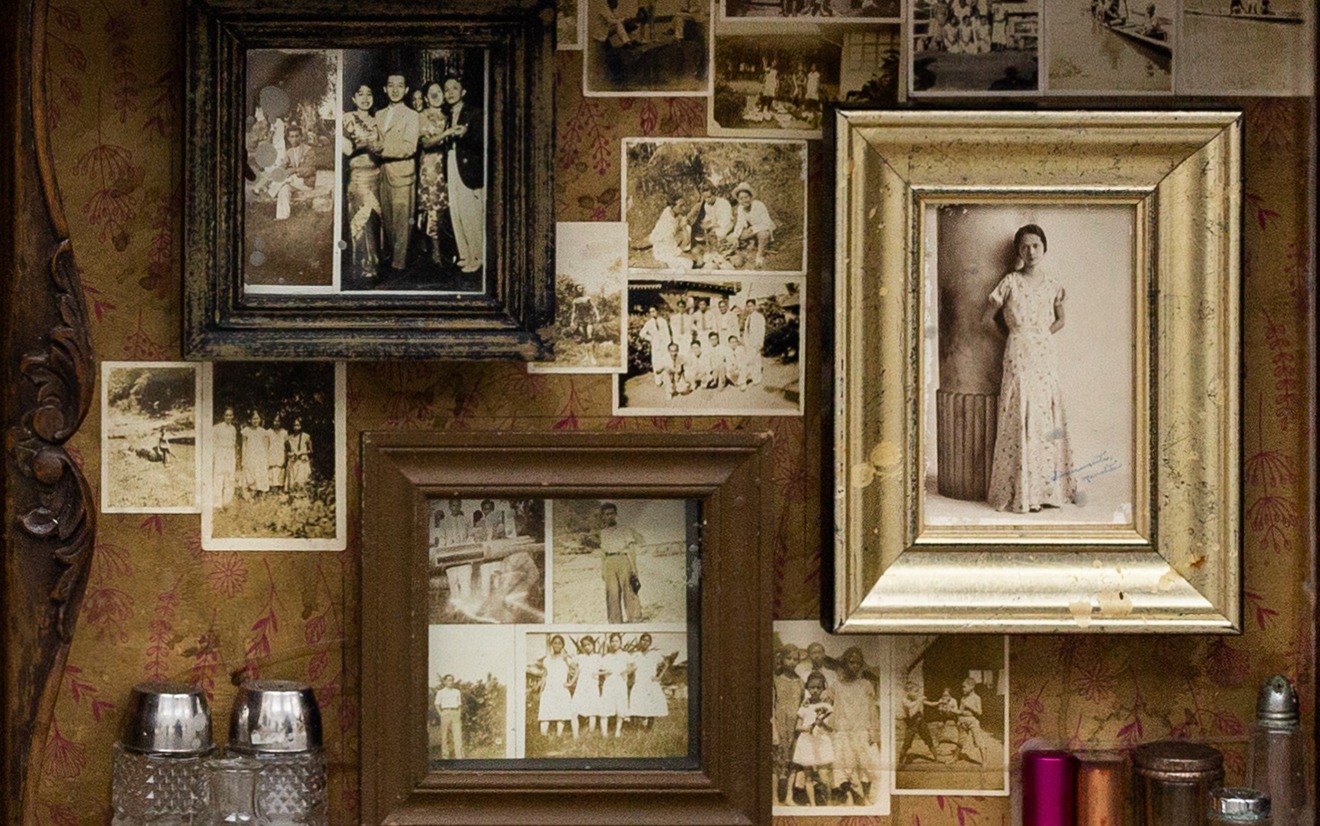
Kawayan de Guia
Bio

Kawayan de Guia (b. 1979 Baguio City, Philippines; Lives and works Baguio City, Philippines) is an artist and curator whose practice spans painting, installation and sculpture. His artworks use indigenous and colonial artefacts, playfully transforming them into lavish and often ironic critiques of consumerism, global trade and the impact of the American occupation of the Philippines.
De Guia draws upon a wide array of Pinoy material culture including Jeepneys, Dangwa buses, jukeboxes, torpedoes and Ifugao rice gods. By juxtaposing remnants of differing periods, meanings and methods of production, de Guia unfolds the precarious narratives in which these objects come into being, and how they shape the complex social and political.
In 2007, he received the prestigious Ateneo Art Award for his exhibition ‘Incubator’, which paid homage to his many artistic forebears. In 2012, the artist initiated AX(iS) Art Project, a biannual festival that engages curators and contemporary artists with local communities and artisans. Across five days, participants travelled by bus along the Halsema highway between Baguio and Bontoc in northern Luzon, creating site-specific works that responded to the changing cultural fabric of the region. In 2014, he participated in ‘Markets of Resistance’, a collaborative art project that allowed members of the public to barter for artworks. De Guia’s De Liberating a Fall (2014) consisted of a large-scale Statue of Liberty mounted above Baguio City Public Market. The work interrogates the ‘liberating’ force of capitalism and the economic impacts of globalisation on domestic workers and regional trade. (Words by Amy Weng)
